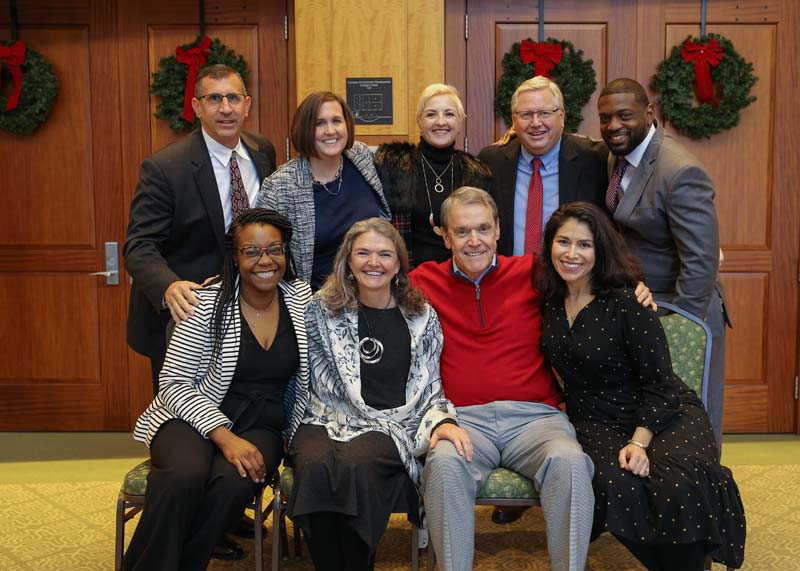This program will be incubated and ultimately administered out of the Illumination Project of the Charleston Police Fund which is a donor fund housed at the Coastal Community Foundation. The project will provide personal mentoring activities for vulnerable children living in Charleston’s Eastside community and will encourage community leaders to commit to a program of 1:1 mentoring. The group plans on launching this program with support from the teachers and administrators at Sanders-Clyde Elementary School.
The deliverable is a sustained mentoring program for fifth-grade students. The program is firmly based on the tenets of the restorative justice program implemented by Charleston County Schools, is complemented by positive behavioral interventions, and supports PBIS practices and techniques. The restorative justice program is an approach to resolving conflicts that emphasizes personal responsibility and healing relationships. PBIS seeks to reduce or eliminate poor school behavior by encouraging positive behavior. PBIS programs work to create a positive school environment in which students learn and grow. For this project, a positive school environment includes a sense of safety, respect for self and others, engagement in learning, participation in school life and buy-in from administrators, teachers, students, and families.
A pilot program will be launched by late January 2020, pairing five students with individual mentors to meet twice a month. The planned 90-minute sessions will take place on the campus of Sanders-Clyde Elementary School. After the first three interactions (late February 2020), participants will be surveyed – children, parents, administrators, and mentors. The program will be refined based on this feedback and then expanded to 20 students/mentors. The vision is for the sessions to continue during the summer break.
Mentors will be recruited by the team members who will identify people who live, work, or own businesses in the Eastside Charleston Community to determine their availability and willingness to become a student mentor. This will be a broad and open initiative with social media promotion, direct electronic mail communications, and word-of-mouth networking. Community leaders will also meet face to face with potential mentors to determine their interest.
A community forum will inform those interested in mentorship about the program and its goals. Mentors will be considered and qualified according to recognized best practices, including clearances through the Raptor System and the Charleston Police Department. Mentors may also be asked to go through an online training program such as “Darkness to Light”.
Working with teachers, administrators, and guidance counselors at Sanders-Clyde elementary, the group will identify students who could most benefit from the pilot program and build on the initial five to allow up to 20 students to participate.
The group will act as the initial oversight board, with input from advisors Dr. Kylon Middleton of the Mount Zion African American Episcopal Church and Captain Dustin Thompson of the City of Charleston Police Department. The fiscal sponsor for this project will be the Charleston Police Fund at the Coastal Community Foundation (CCF). The group will broaden support for the program with input from other agency heads, including Helen Hill of the Charleston Area Convention and Visitors Bureau and Darrin Goss, Sr. of the CCF.
Program Parameters:
To achieve success, the program will have qualifying parameters put in place from the onset. These parameters include:
- Uniformity – all mentoring activities will take place at the same time, in the same facility.
- Goal setting – it is important that the mentor/mentee set mutually agreed upon goals for their partnership and work together to achieve incremental tangible results.
- Documentation – each mentor will be required to document their student interaction after each session in a database accessible to program participants.
- Evaluation – on a quarterly basis, the oversight board will review the progress of the mentorship and discuss what needs a mentor may have as well as seek input from the mentees, their teachers, and their family members.
During the course of the pilot program, a mentorship curriculum will be developed as well as a resource for modification based on the needs of the mentee while still achieving attainable goals that reflect the principles of PBIS and restorative justice programs.
The team will work directly with the administration and faculty of Sanders-Clyde Elementary school to determine the best time for students to participate in this program and to assess specific student needs.
